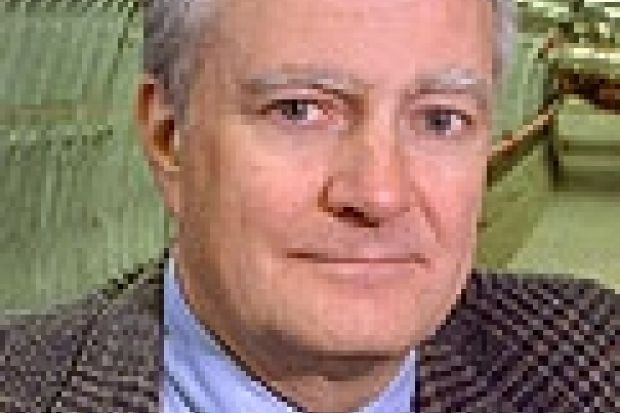Science looms large on the political landscape of the United States, with the wrangling over the Kyoto global warming agreement, the missile defence programme and stem-cell research. Fortunately, John H. Marburger III - the man George Bush nominated as director of the Office of Science and Technology Policy at the White House last week - is no stranger to political hot cakes.
Professor Marburger proved his credentials when he became director of the Department of Energy's Brookhaven National Laboratory in 1998, when it had a leaky nuclear reactor. He won recognition for his diplomatic role as chair of a New York state commission, which eventually recommended closing the reactor.
President Bush has been slow to make appointments - Professor Marburger's comes seven months after Bush's inauguration. Albert Teich, director of science policy at the American Association for the Advancement of Science, warned that Professor Marburger's influence in the White House would depend on the bond he develops with the president. Professor Marburger, a Democrat, and the Republican president have yet to build a working relationship.
The scientific adviser's role as go-between for the government and the scientific community will be tough. Mr Bush's programme of tax cuts will have knock-on effects for the science budget, which is approved annually by Senate as discretionary expenditure.
Born in 1941, Professor Marburger gained his first degree in physics from Princeton University. He took his PhD in applied physics at Stanford University on a Nasa traineeship. He has been president of the State University of New York at Stony Brook and retains a faculty position there.
Professor Marburger is an avid reader, gardener and horse rider. He also built his own harpsichord from a kit. He is married with two children and a grandson.
